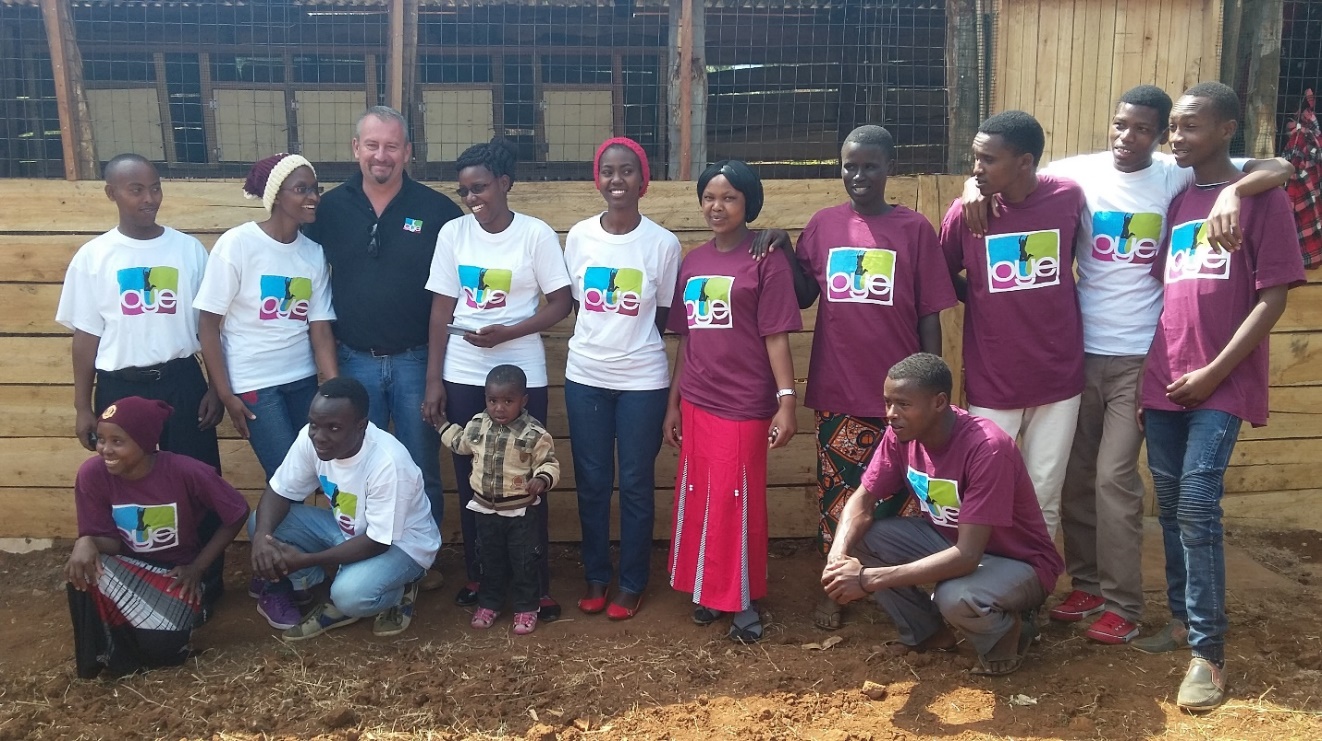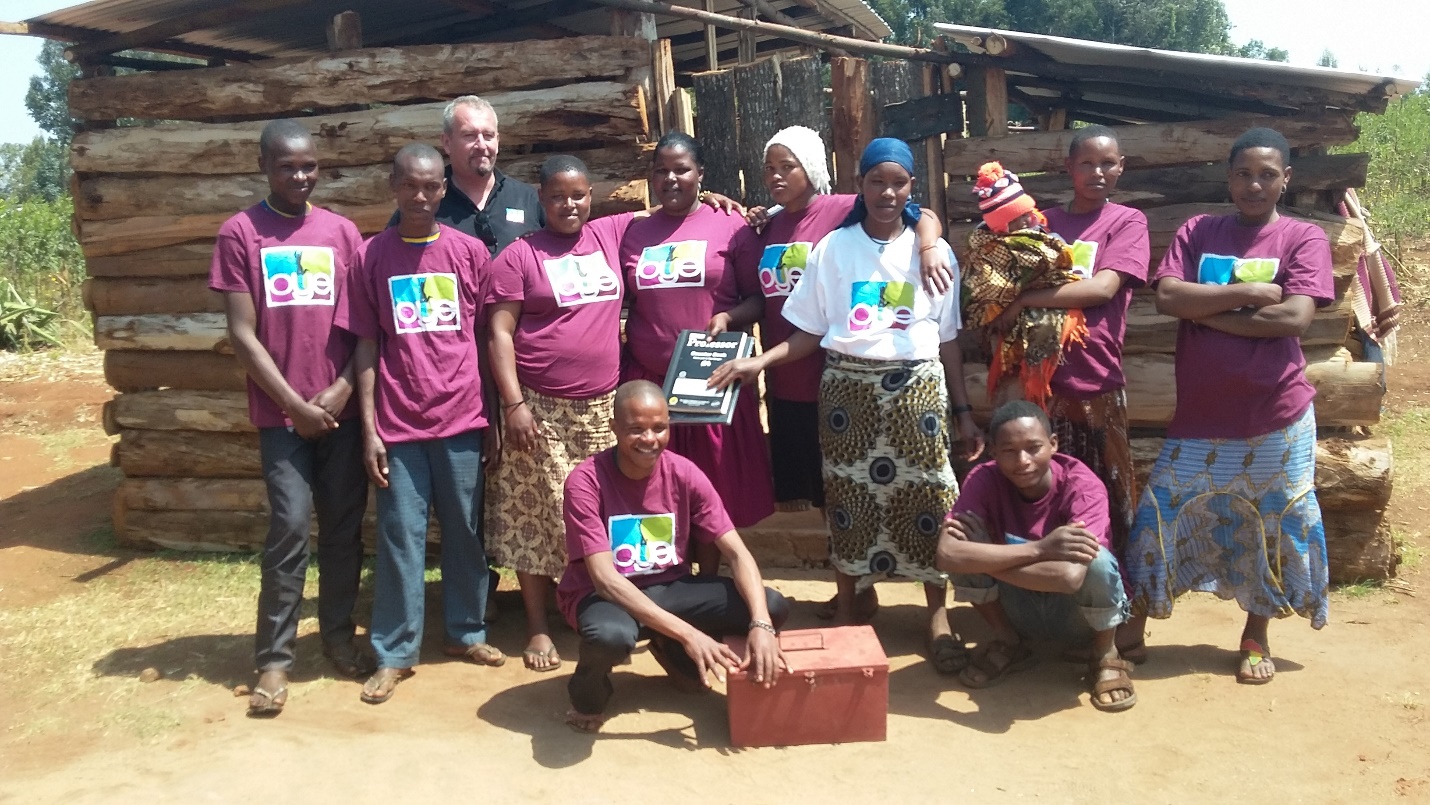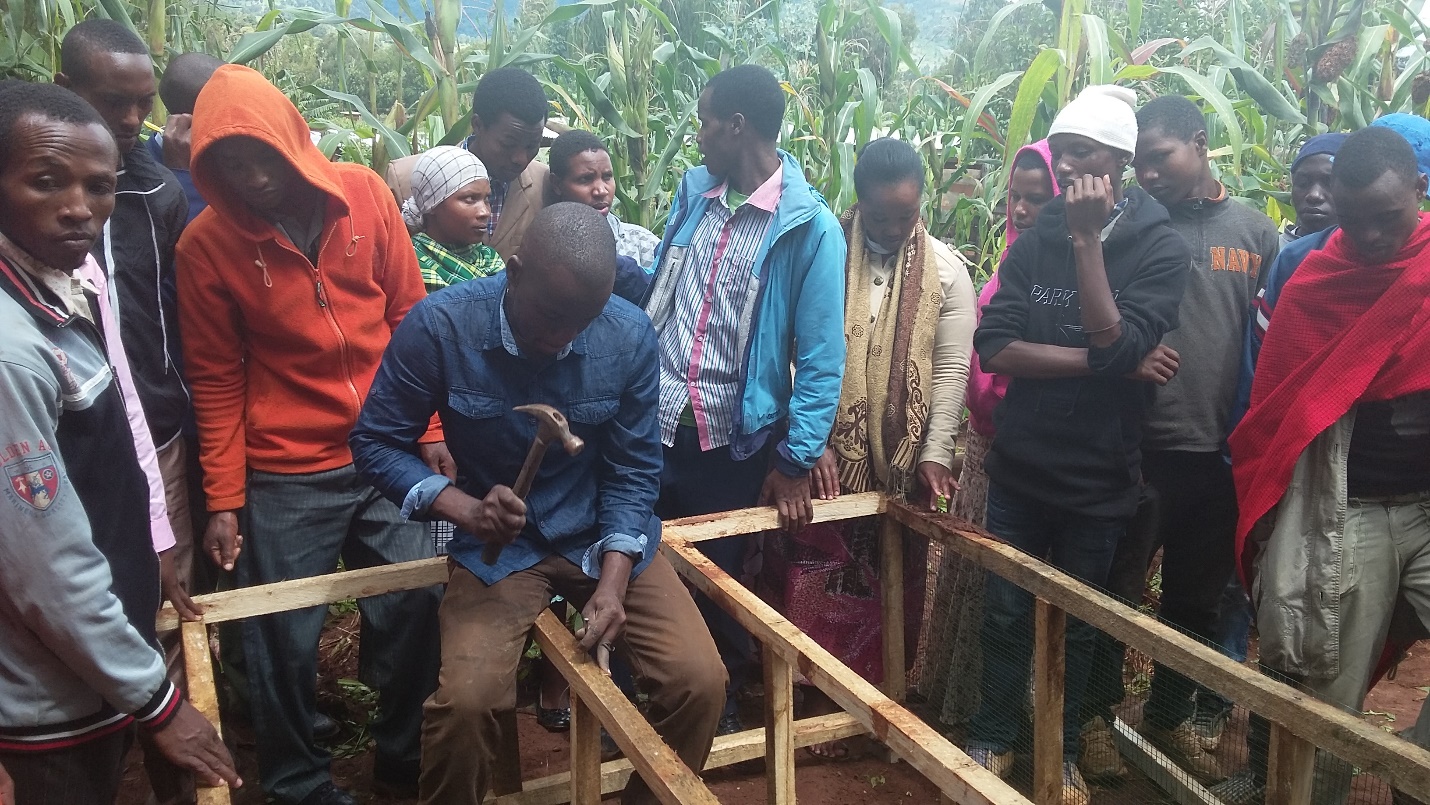About OYE
Young people will change the world. Yet in nearly every society, they are an untapped asset. Today more than 50% of the global population is under 25, that is 3.5 billion young people! Young Africans are more literate than their parents’ generation, yet more likely to be un-employed. The biggest youth population rises are expected in the Global South. Within three generations, 41% of the world’s youth will be African, adding 163 million potential workers to the world’s labor force by 2020. However, today they make up 60% of the unemployed. 36% of girls from some of the poorest communities across the world still do not get a secondary education, and young people account for 40% of all new adult.
Since early 2000s, Tanzania has experienced remarkable economic growth and strong resilience to external shocks. These achievements, however, are overshadowed by the slow response of poverty to the growing economy. The poverty rate remains stagnant at around 34% despite a robust annual growth of around 7%. Hence, disconnection between growth and poverty reduction needs to be addressed. Young people are the most group affected by this extreme poverty, lack of employment and poor health, and in Tanzania Youth represent thirty five point one (35.1) percent of the total population and about 60% of the productive force. In Tanzania unemployment rates for youth are 2-3 times higher than those of adults, with an even higher rate of unemployment among young women. The vast majority of rural youth depend on ‘vulnerable’ employment in subsistence farming, and informal self-employment without a stable income or the opportunity for professional development or long-term growth. Consequently, many rural youth migrate to urban centers in search of work, but often they lack an adequate skill set or clear understanding of the needs of the market.
Every year in Tanzania 800,000 to 1,000,000 low-skilled young women and men enter a job market that can only absorb a small portion of them. Unemployment which stands at 21.2% is rampant and fuels dissatisfaction and unrest. A majority finds either vulnerable employment or is underemployed. The government has pledged support to youth through many different policy instruments but in general the implementation of those policies is inefficient. The job market outlook for Tanzania is still negative, mainly because of the lack of skilled workers and the mismatch between skills supply and demand. Training institutions often teach outdated curricula which provide youth with skills that do not match those required in a fast-changing market.
Therefore, MACSNET in partnership with SNV Tanzania is implementing a transformational capacity building to youth from Manyara region (Mbulu district) to fill the existing capacity gaps on young people’s mindsets which blocks them in identifying themselves in terms of their potential capabilities and strengths they possess in addressing their weaknesses and threats. Lack of above mentioned potential qualities has made young people not to be able to utilize unique capabilities they have/possess in identifying number of opportunities available around them. Hence, the initiative aims at improving young women and men livelihoods by stimulating and creating Opportunities for Youth Employment (OYE) in agri-business and renewable energy and improve vocational skills delivery and access to employment. With this Opportunity for Youth Employment (OYE) project, SNV in partnership with MACSNET aims to sustainably increase youth employment and income through; skills and capacity development of youth (push factor), the linking of youth to market opportunities for employment and enterprise development (match factor), and selecting opportunities in growth sectors that have concrete potential for employment creation (pull factor). MACSNET works with youth organizations, vocational training centers, local government, and business associations to support young people who are out-of-school and unemployed through a carefully screening and selection methodology so as to allow disadvantaged young people to participate.
Recently the project is implemented in Mbulu District within 5 wards where youth beneficiaries are supported in groups in the following subsectors. Solar installation and maintenance (2 groups), commercial raising of rabbits (4 groups), commercial raising of pigs (3 groups) and honey harvesting and processing (1 groups) – 2nd cohort. The 3rd cohort which starts in August 20017 will also draw beneficiaries from Mbulu district with slightly different wards to extend the benefits to more youths in the district.
Youth who are benefiting from OYE project (Rabbit farming) with OYE SDC director in front of the rabbit cage.

Youth who are benefiting from OYE project in Mbulu (Pig rearing) with OYE SDC director

Youth participation in the construction of rabbit cages as a part of practical training during technical training in Mbulu.

